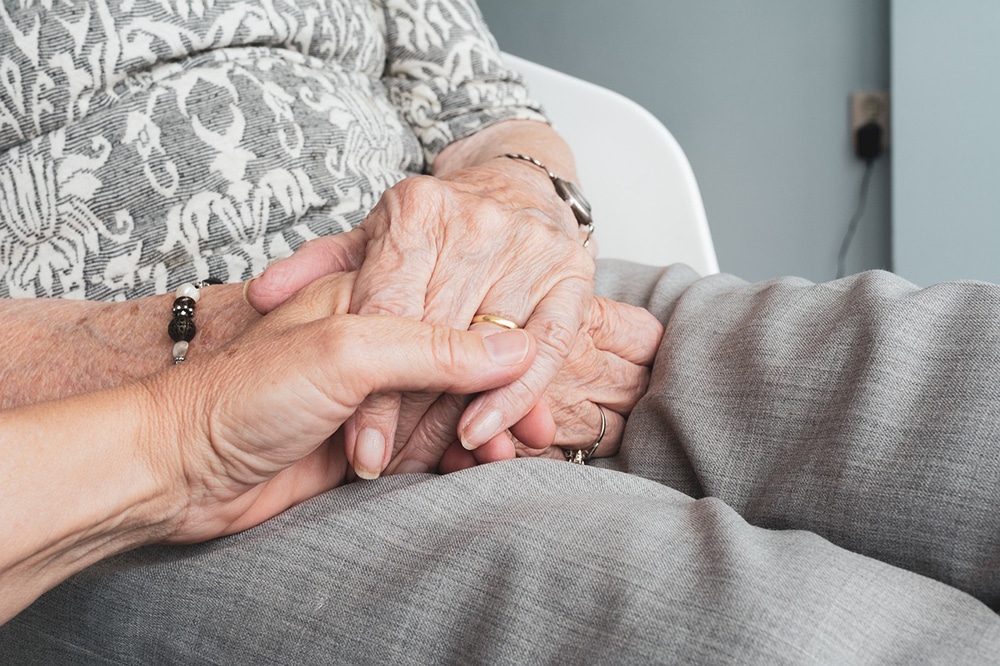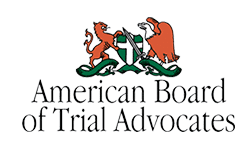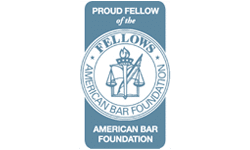Evidence That Can Strengthen a Nursing Home Abuse Claim

Nursing home abuse claims depend on strong evidence to prove that abuse occurred and caused the injuries a resident suffered. The evidence that can strengthen a nursing home abuse claim varies, and you’ll need the help of an experienced lawyer to identify the proof you need to move forward with your claim.
If you have questions specific to your case, please reach out to our office to discuss your situation in greater detail. We at Pittman Roberts & Welsh, PLLC focus on elder abuse law in Mississippi. We provide free consultations to families exploring legal options.
What Evidence Can Be Used To Strengthen a Nursing Home Abuse Claim?
The best evidence to support a nursing home abuse claim will depend on the circumstances of the case. In general, the following types of evidence can help build a claim against the at-fault nursing home facility and the employee or employees responsible.
Eyewitness Testimony
The testimony of another person can greatly support a nursing home abuse claim. Your elder abuse attorney can take a deposition (a sworn statement taken out of court) that can be used as evidence in your case. An eyewitness may be:
- A roommate
- Another nursing home resident
- A staff member
- A visiting family member
- A doctor or nurse examining the patient
In cases where the abuse survivor is coherent and able to speak their account of the events, their own testimony can also be used as evidence.
If you notice any potential signs of abuse or neglect, write them down immediately so details aren’t forgotten. If you can, take pictures or record a video on your phone.
Photographs and Video Camera Footage
Any photographs or video you can obtain can greatly benefit your case. This could include pictures of your loved one’s physical injuries or a recording of a staff member berating a resident with abusive language.
While there is currently no legislation in Mississippi regarding the use of cameras in private nursing home rooms, some acts of abuse may have been caught on a security or surveillance camera on the grounds. Even a dashboard camera in a parked vehicle may have recorded an act of abuse that occurred on nursing home property.
Depending on when and where abuse was perpetrated, your nursing home abuse lawyer may be able to find video footage of the act. If possible, ask your loved one about the specifics of where the incident(s) of abuse took place. It’s important that your lawyer act quickly, as evidence that implicates the facility may be erased or withheld by facility administration. An experienced elder abuse attorney will be resourceful in finding ways to locate and secure evidence to support your claim.
Nursing Logs and Caregiving Records
Long-term care facilities are required by state law to keep detailed records of the care each resident receives. Nursing logs and caregiving records can indicate:
- How often a resident was attended to by staff members
- Whether signs of injury were noticed and addressed by caregivers
- Patterns of abuse or neglect that align with specific staff members
- The staff member on duty at the time of abuse
- Notes made by nurses and other caregivers about the resident’s condition during the time period following the abuse
- Notable differences that appeared on the resident’s medical charts and nurse notes after abuse
Keycard Data
Just like caregiver logs, keycard data can provide more information about who visited your loved one. More importantly, it can show who might have had access to your loved one’s room, even if their name wasn’t written in the nursing or staff log.
Nursing homes employ high numbers of staff members with diverse roles. Positions in a long-term care facility usually include:
- Registered nurses
- Certified nursing assistants
- Licensed vocational nurses
- Licensed practical nurses
- Physical therapists
- Direct caregivers and aides
- Dietitians
- Cooks and food preparation staff
- Maintenance employees
- Custodial staff
- Administrative, human resources, and accounting employees
- Groundskeepers
- Activities coordinators
Not all of these employees have a reason to be in the area where your loved one resides. If your nursing home abuse lawyer notices anything suspicious when examining keycard access data, there may be a reason to further investigate the actions of one or more nursing home employees.
Records of Facility Operations
Knowing how the nursing home operates as a business can help your attorney establish a clearer picture of the type of environment in which your loved one was abused. Records documenting the facility’s standard operating procedures can answer questions like:
- Did the nursing home conduct thorough background checks on all employees before hiring?
- Does the nursing home meet state minimums for staff-to-resident ratios?
- Are the required number of nurses on the premises during each shift?
- Do employees possess all necessary qualifications, certifications, and training?
- Is there anyone on staff with a history of resident abuse?
- Is the property kept clean, sterilized, well-maintained, and secured from unwanted visitors?
- Has the nursing home faced abuse or neglect lawsuits in the past?
Patient Medical Records
A patient’s medical records can be a strong warning sign that a major traumatic event occurred in their life. Whether physical or psychological, changes in a person’s records can show when the abuse or neglect began and continued. A nursing home resident’s records can provide essential information such as:
- Unexplained physical injuries
- Significant weight loss
- New symptoms that suddenly appeared without an obvious cause
- Mental health deterioration
- Changes in resting blood pressure and heart rate
- Bed sores (pressure ulcers), poor nutrition, muscle atrophy, and other signs of neglect
- Bruising from physical restraints
- Signs of overmedication
Expert Witness Testimony
An expert witness is someone who can offer professional knowledge related to the case. For example, in a nursing home abuse case, a psychologist specializing in elder abuse could be called in to explain that the symptoms your loved one is exhibiting are shared among most abuse survivors. This added context can help support your nursing home abuse claim.
Medical experts are frequently of benefit to cases involving physical abuse or neglect. A medical expert witness can provide testimony that shows:
- The cause of an abuse victim’s injuries
- The neglect that led to your loved one’s worsened condition
- That the actions of a caregiver were inappropriate given the medical circumstances
- That a nurse or doctor deviated from the standard of care owed to a patient
Get Help and Seek Justice After Nursing Home Abuse in Mississippi
If your loved one suffered nursing home abuse or neglect in Jackson or elsewhere in Mississippi, we can help. For many years, Pittman Roberts & Welsh, PLLC has been strongly advocating for our state’s older adults. We fight against the injustice that robs our most vulnerable population of their freedom and dignity.
If you or someone you love was victimized by abuse in a care facility, reach out to our office today. We’ll begin the process of holding an abuser accountable and obtaining justice for your family. Call to schedule your free consultation with a nursing home abuse attorney on our team.








